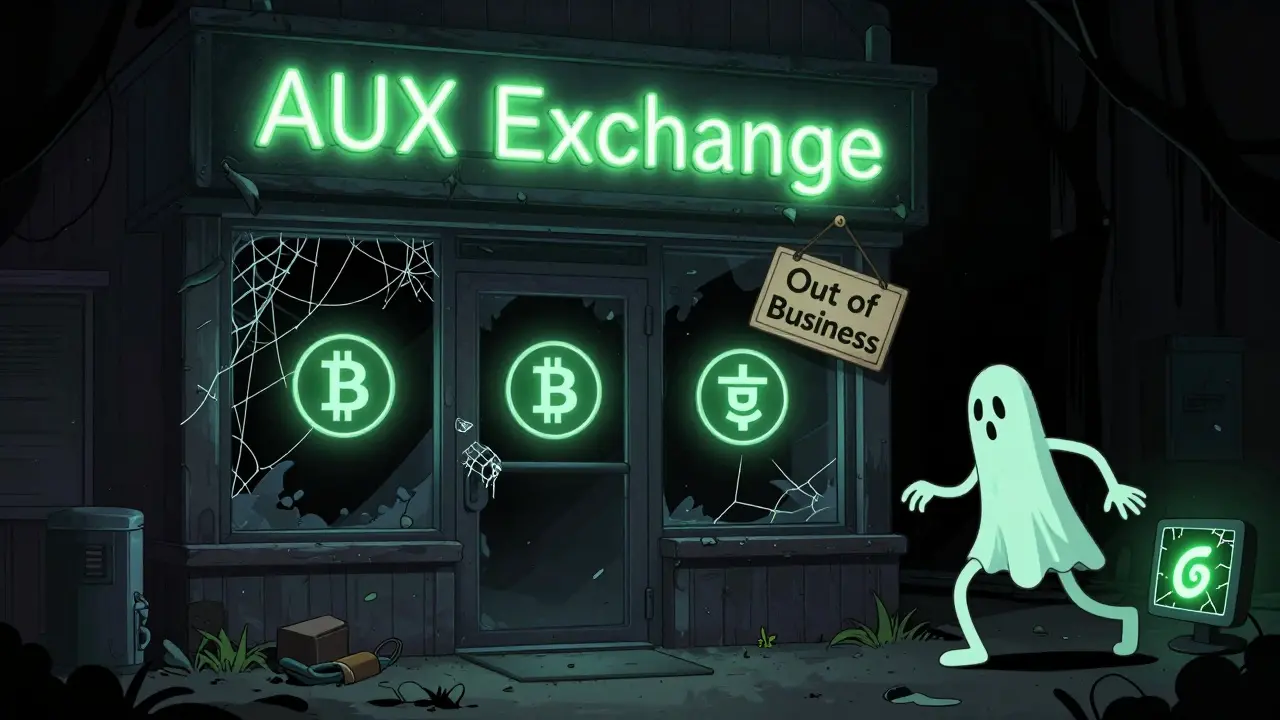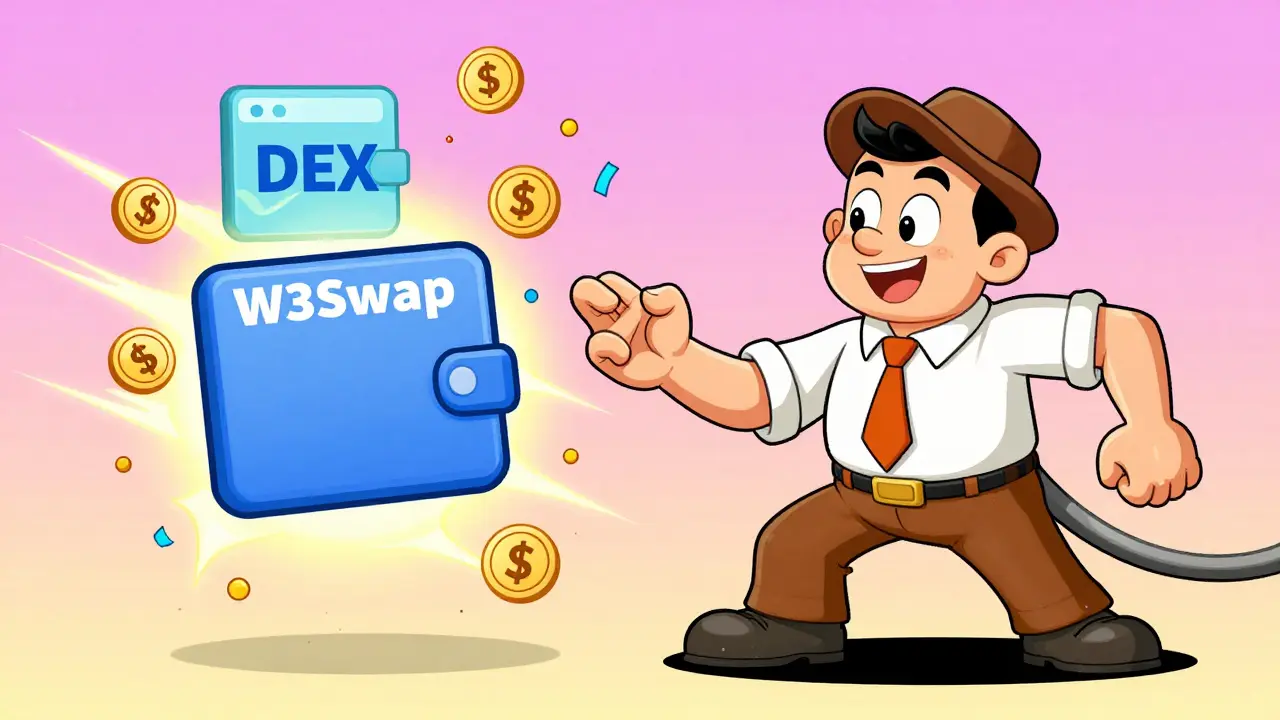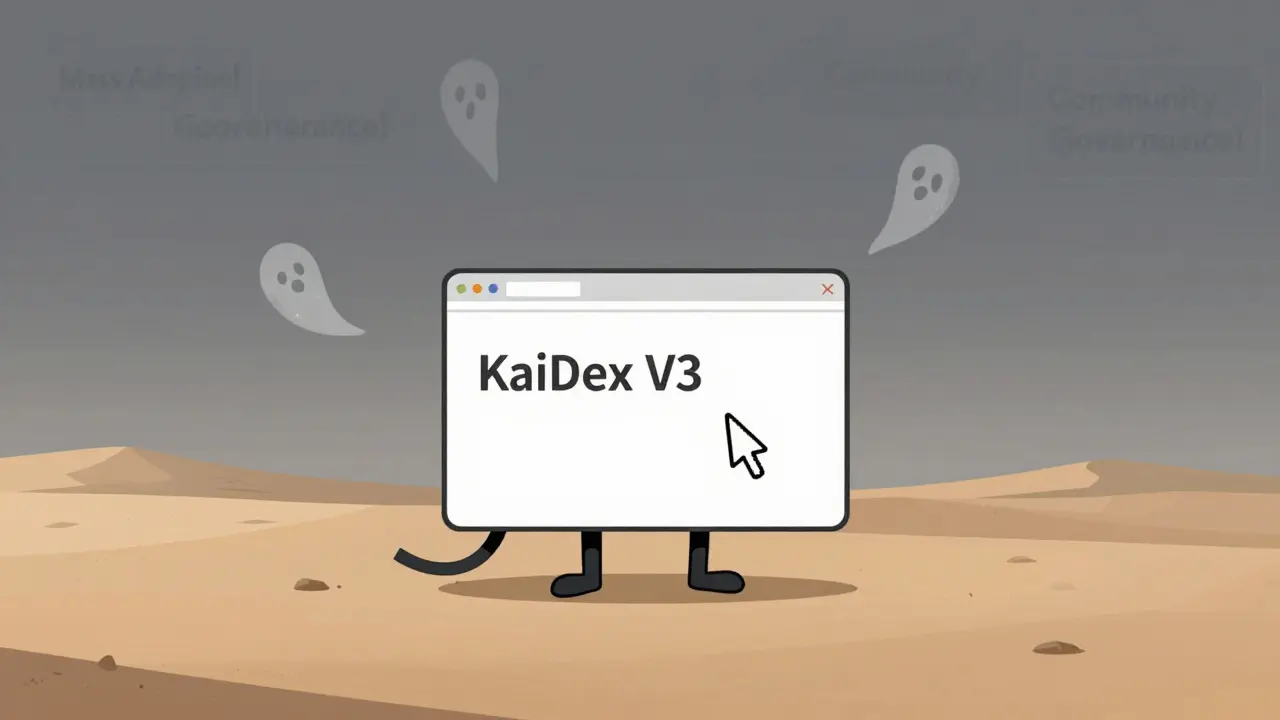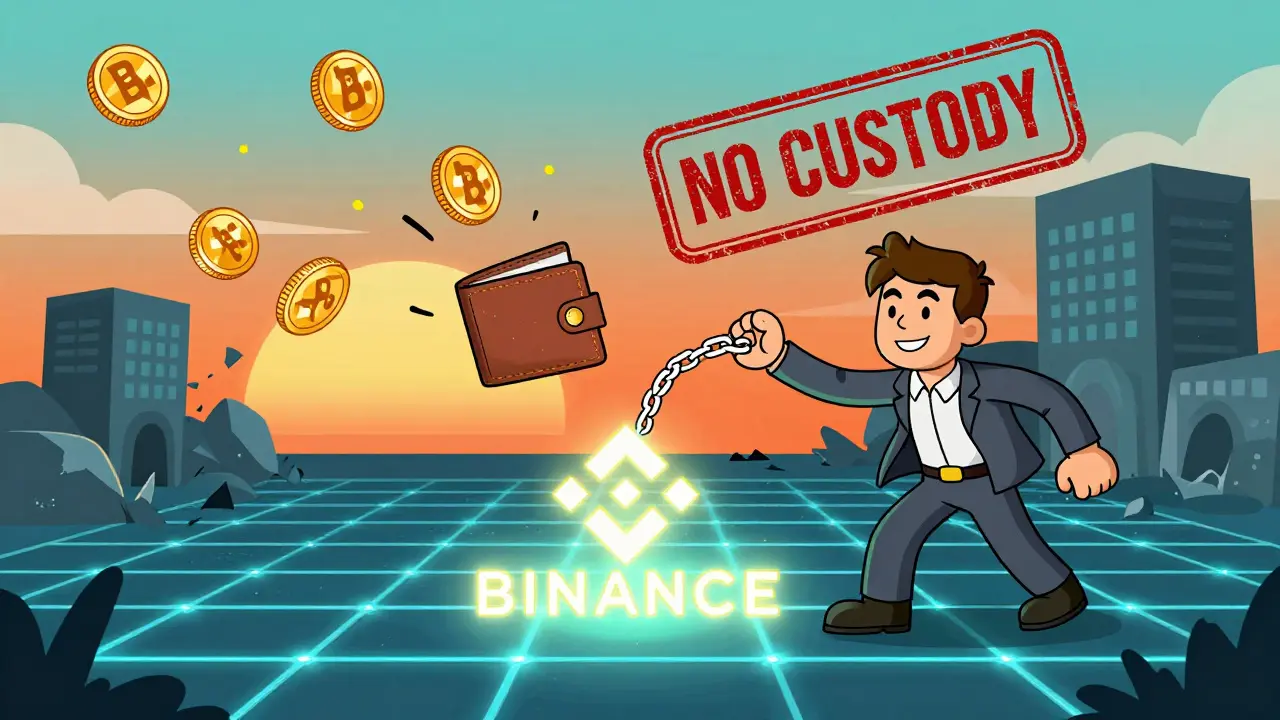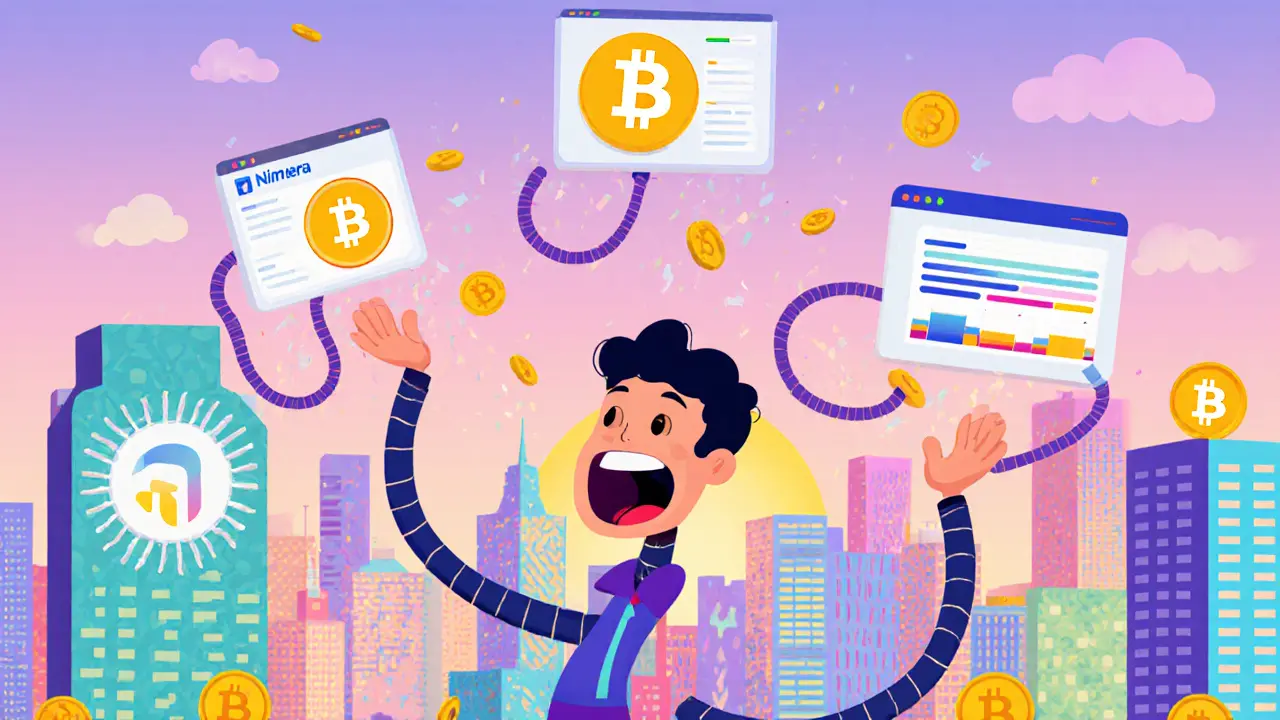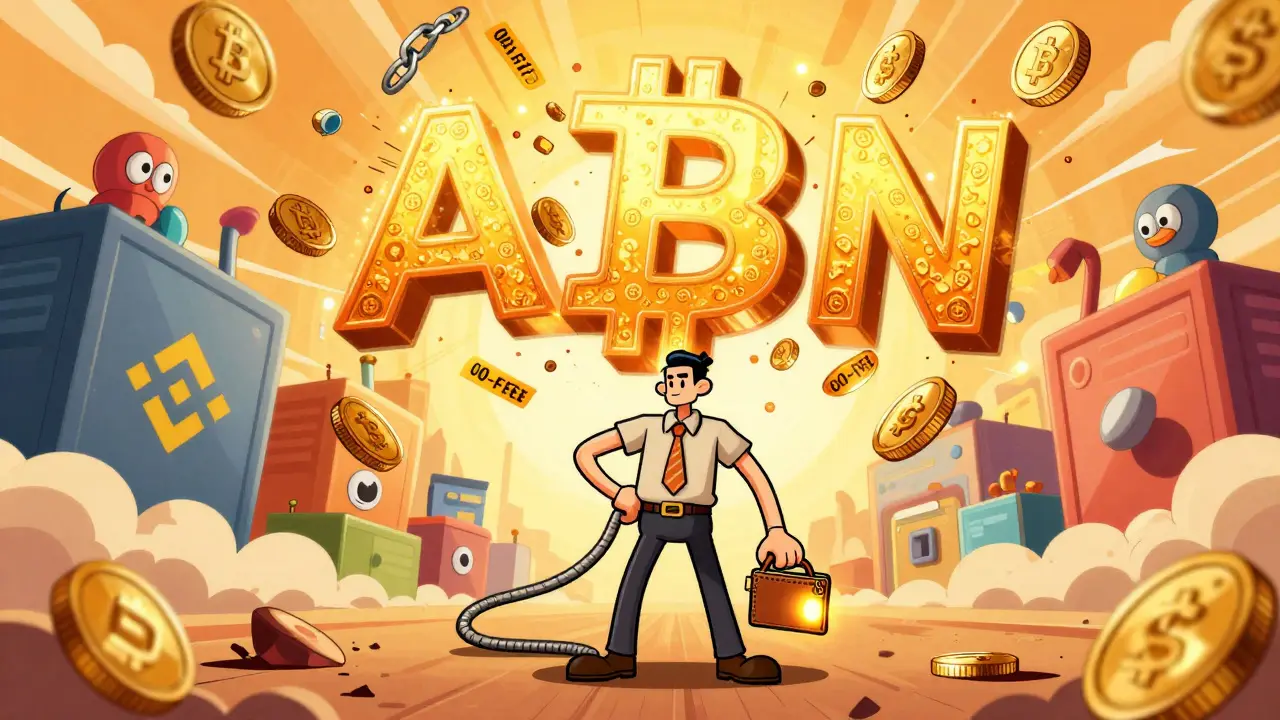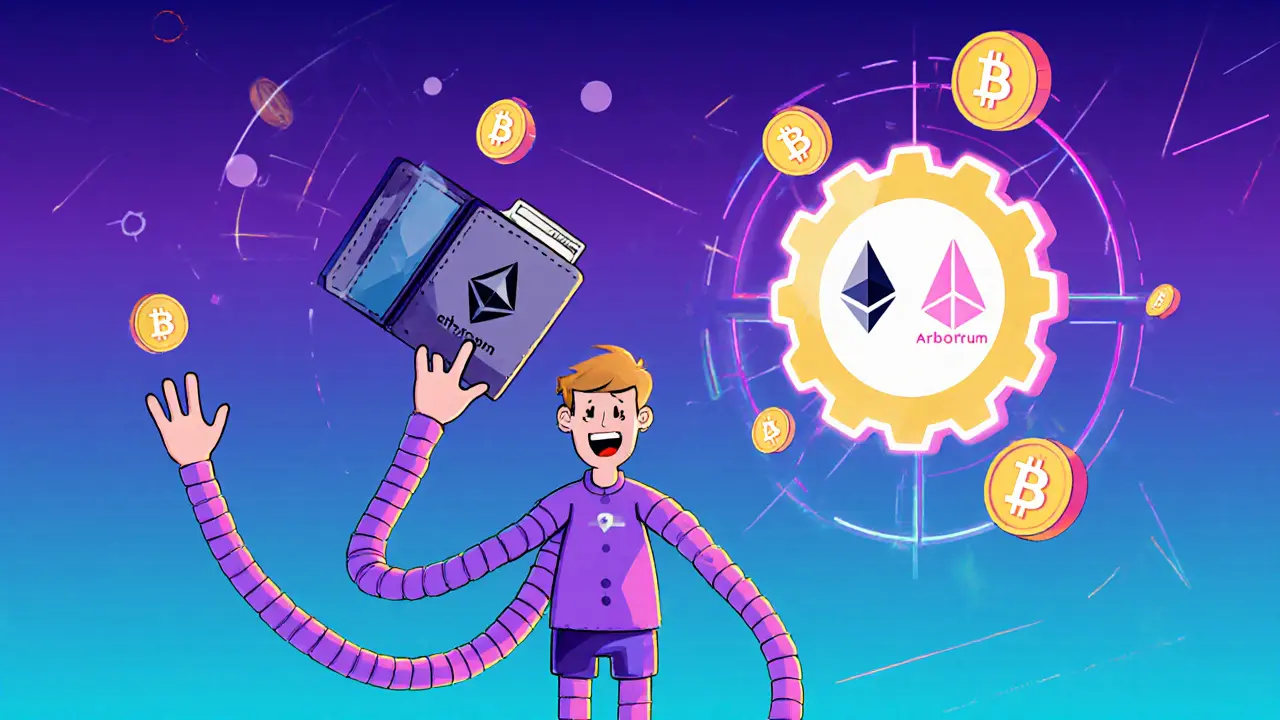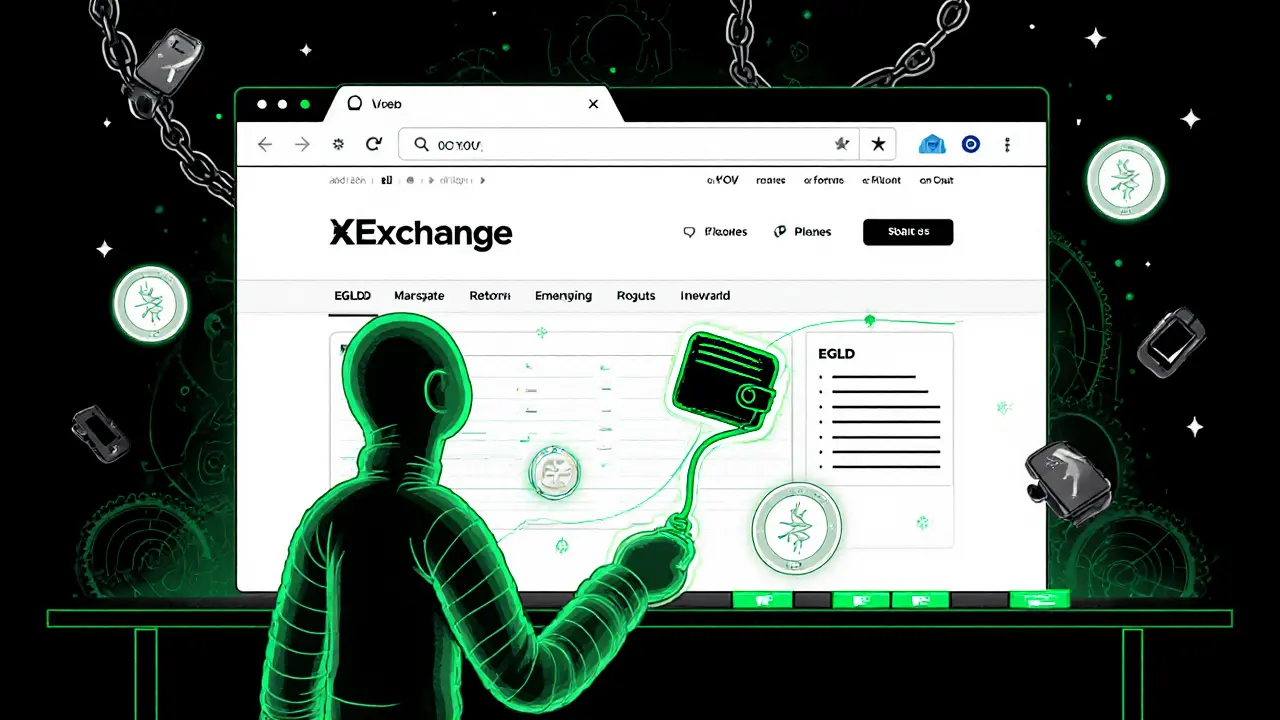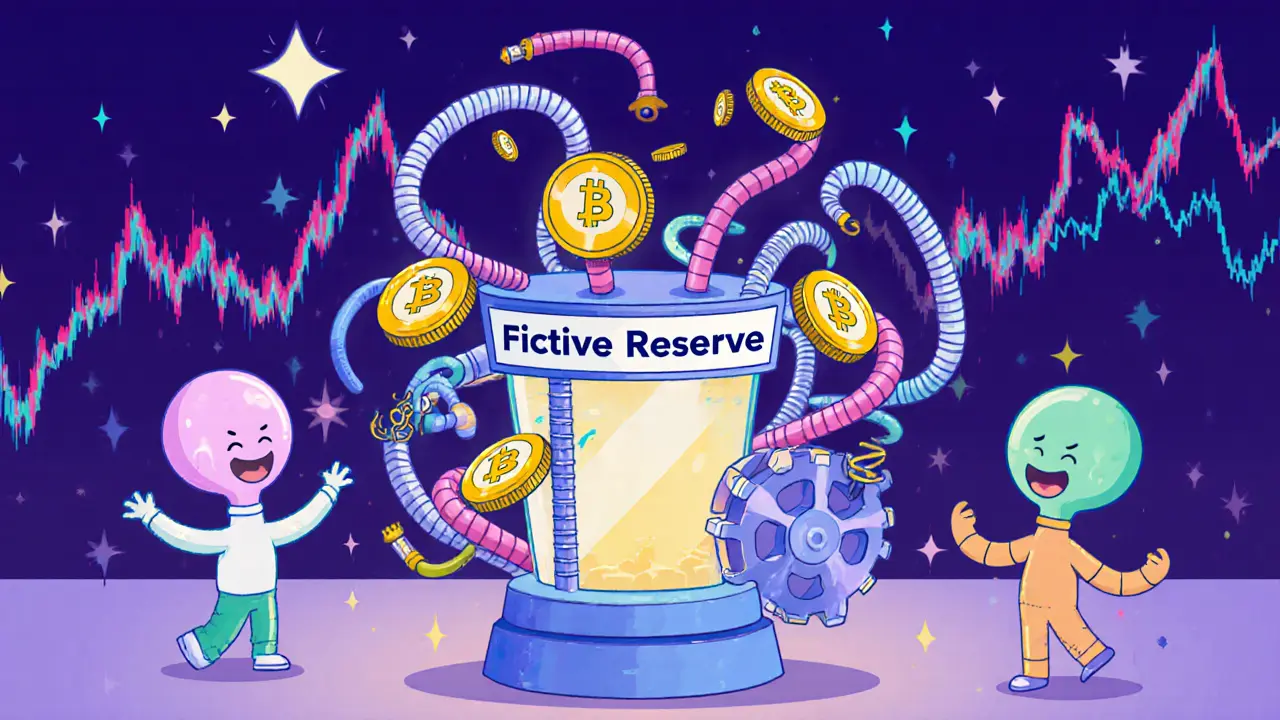Decentralized Exchange: What It Is and Why It Matters in Crypto
When you trade crypto on a decentralized exchange, a peer-to-peer platform that lets users trade directly without an intermediary. Also known as a DEX, it removes banks, brokers, and corporate gatekeepers from the equation. Unlike centralized exchanges like Binance or Coinbase, a DEX doesn’t hold your money. You keep control of your keys — and your coins — from start to finish.
This shift changes everything. A non-custodial wallet, a wallet where only you control the private keys is the gateway to any DEX. Without one, you can’t interact with Uniswap, SushiSwap, or any other DEX. These platforms run on blockchain trading, transactions settled directly on public ledgers like Ethereum or Solana, meaning no single company can freeze your trade, delay your withdrawal, or shut down your account. That’s the core promise of Web3: trustless, permissionless, and censorship-resistant finance.
But DEXs aren’t perfect. They’re slower than centralized exchanges. Fees can spike during high demand. And if you send crypto to the wrong address? There’s no customer service to help you get it back. That’s why understanding how liquidity pools work, how slippage affects your trades, and why smart contract audits matter isn’t optional — it’s survival. You’re not just trading coins; you’re interacting with code that runs the financial system.
The posts below cut through the noise. You’ll find real reviews of DEX platforms that actually work in 2025, breakdowns of how to avoid losing funds on bad trades, and clear guides on connecting your wallet without falling for fake sites. Some posts expose scams hiding as DEXs. Others show you how to earn fees by providing liquidity — not just trading, but helping the whole system run. You’ll see what happens when a DEX gets hacked, how gas fees change across networks, and why some tokens can’t be traded on certain DEXs at all. This isn’t theory. It’s what people are actually doing — and losing — right now.
AUX Exchange is a high-risk, low-functionality crypto platform with only 3 trading pairs, no security, no fiat support, and zero user activity. Avoid it entirely-there are far safer, better alternatives.
Kyo Finance V3 is a niche DEX on Soneium built for Astar Network users. It simplifies ve-tokenomics but has disputed volume, limited tokens, and unverified rewards. Not for beginners or mainstream traders.
W3Swap is a decentralized crypto exchange with potential, but lacks audits, liquidity data, and transparency. Learn if it's safe to use, how it compares to Uniswap, and who should try it.
KaiDex V3 claims to be a next-gen decentralized exchange, but it has zero trading activity, no liquidity, and no users. Learn why this platform isn't functional and what to use instead.
Binance DEX is a fast, secure decentralized exchange for trading BEP-2 tokens without giving up custody of your crypto. Learn how it works, its key limitations, and who should use it in 2025.
Nimera crypto exchange offers a unique mix of DEX trading, multi-exchange access, and crypto payment processing. Learn its features, risks, and whether it's worth using in 2025.
ADEN is a new decentralized derivatives exchange offering gasless trading and ultra-low fees. Learn how it compares to Kraken, dYdX, and GMX in 2025 - and whether it's safe or too risky to use.
6 Sep
2025
Kine Protocol (BSC) offers zero gas fees and up to 200x leverage on crypto derivatives, but has liquidity gaps and slow oracles. Learn if it's safe, profitable, or risky for traders in 2025.
Apex Protocol is a high-performance decentralized exchange for perpetual futures with low fees, fast execution, and self-custody. Learn its pros, cons, and whether it's right for your trading strategy in 2025.
xExchange is a privacy-focused decentralized exchange built on MultiversX, offering fast, low-fee swaps with no KYC. Ideal for experienced DeFi users seeking full asset control, but lacks mobile access and fiat support.
28 Dec
2024
SmarDex (SDEX) is a DeFi exchange that turns impermanent loss into potential gains using a unique fictive reserve system. Learn how it works, where to buy SDEX, and if it's worth using over Uniswap or PancakeSwap.
CEXs block users by location due to regulations, while DEXs offer global access - but only if you already have crypto. Learn how geography shapes crypto trading and where each platform works best.
